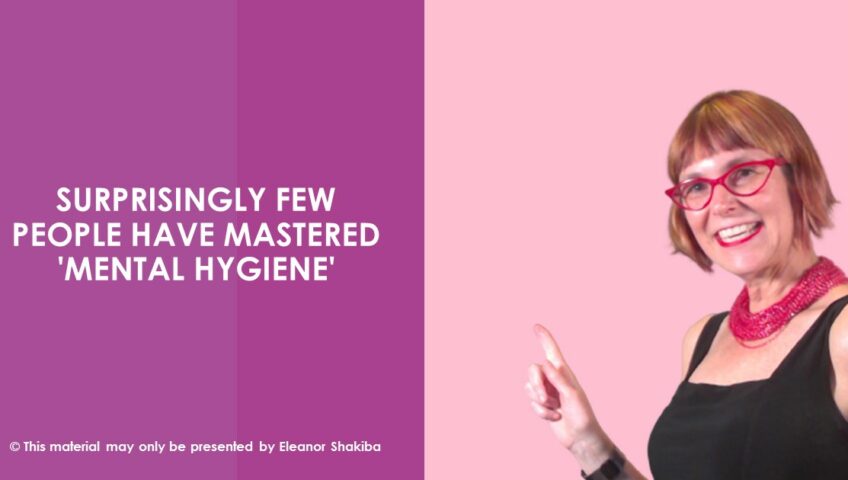If ever there was a year to specialise in resilience training, 2020 was it. March and April were scary months for me. Long-term clients were shutting their doors permanently. For the first time in 14 years, my business was in trouble. As I adjusted to the thought of retiring early, the phone began ringing. Smart HR practitioners and leaders realised their people needed support. Standard resilience training wasn’t going to be sufficient. Smart leaders wanted training that would engage and connect. Training with great content, stories and interactive exercises.
To solve this problem, I developed my pandemic psychology and resilience program. This has proved to be a hit in a number of industries. Designing this program made me revisit the basic principles of resilience and thriving in adversity. Thus, I was observing my own coping skills, plus those of the small businesses in my community. From this processing of experience, I learned some deep lessons which have translated into my resilience program content.
Passion and purpose make the difference to survival
In the early days of social distancing regulations, a number of cafés in my area shutdown permanently. Not so with my favourite coffee shop. Indeed, this spot became a favourite haunt of many locals. Why? Because despite a significant drop in business, the owners remained positive. They responded to the times by introducing a new range of comfort food. Sweet treats, soup and new breakfast dishes drew the crowds. Not only that, my 10 minutes coffee excursion became my daily shot of positive connection. It was the community that gathered in this spot that made the difference.
Surprisingly few people have mastered ‘mental hygiene’
I was commissioned to run several webinars on resilience and pandemic psychology. These free sessions drew hundreds of people to each webinar. As I responded to participants’ questions, I was struck by how little knowledge many people possess around basic emotion regulation skills. These skills are essential in tough times. Distress levels were high for many people because they did not know how to self soothe and assess risk in a logical manner.
Great leaders foster hope during tough times
I worked with a number of healthcare teams and frontline response teams during the pandemic. What was glaringly obvious was that teams whose leaders focus them on a hopeful vision of the future thrived. In teams where leaders became stressed, anxious or disheartened, team morale dropped and individual coping skills suffered. If there is one key message I take from this, it’s that leadership is easy in bright times. When clouds descend, the optimism and hopefulness of a leader makes the difference between those who burn out and those who cope.
To learn in tough times, people need help processing their experiences
It’s one thing to deliver a resilience presentation. It’s a significantly different matter to teach the thinking and behaviour habits that foster mental stamina. Great training enables people to work through the emotions, such as fear or panic, which potentially block learning. And it presents simple and actionable tools which people can apply immediately after the session.
Like everyone, I learned many new skills and created a range of new habits during COVID-19 19. Yet, I kept coming back to the basic principles of positive psychology. I am deeply grateful that I had experience in this field before facing the significant challenges COVID-19 presented to my business. If you’re an HR practitioner or trainer who believes positive psychology can help your people, download my Positive Psychology Toolkit for HR and L&D Practitioners here.
About the author: Eleanor Shakiba
Eleanor is a specialist in positive psychology. Her passion is teaching talented people to use social and emotional intelligence to excel in business. These skills centre around building positive mindsets, proactive communication habits and purposeful leadership behaviours. Eleanor’s qualifications include degrees and diplomas in Social Anthropology, Positive Psychology, Counselling, Coaching, Adult Education and Neuro Linguistic Programming. She is also the author of the Positive Psychology Toolkit for HR and L&D Practitioners. This is a free resource for trainers and facilitators.
